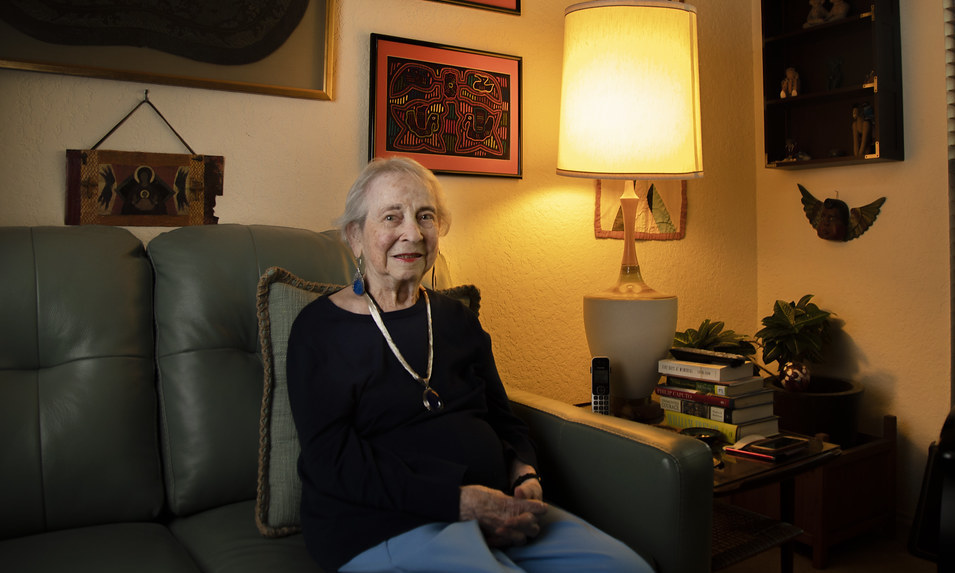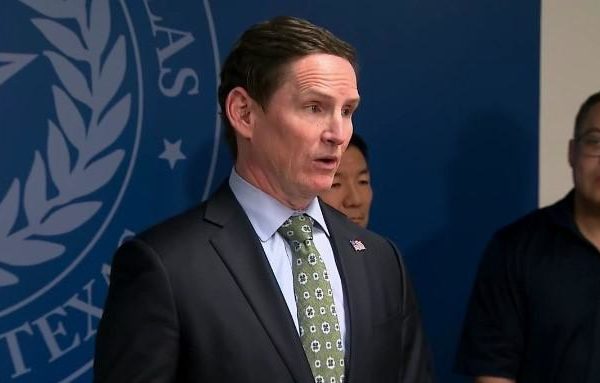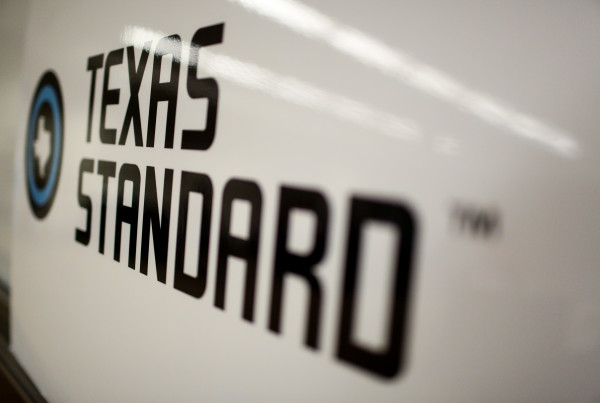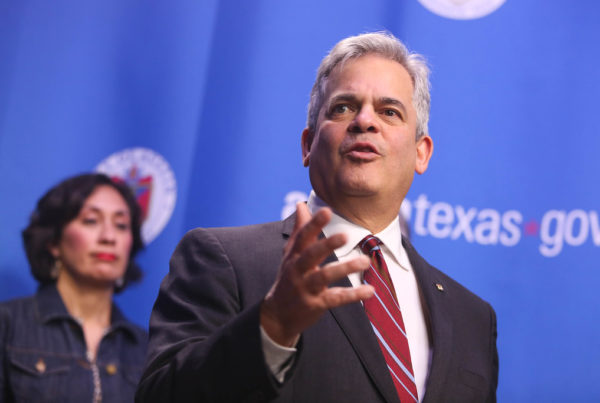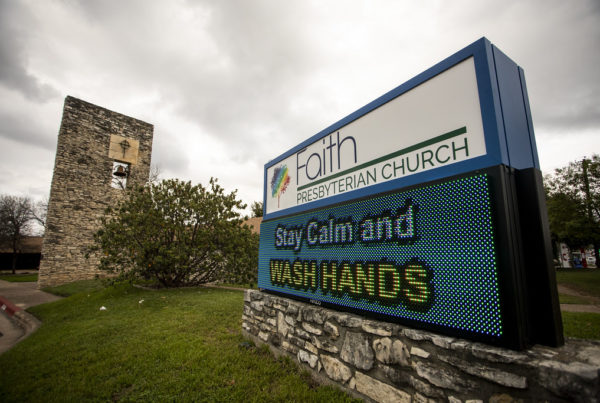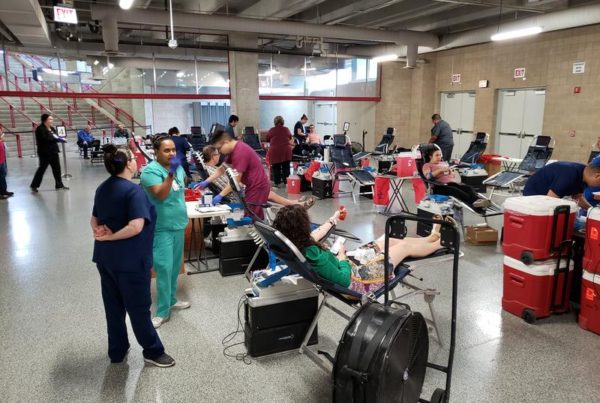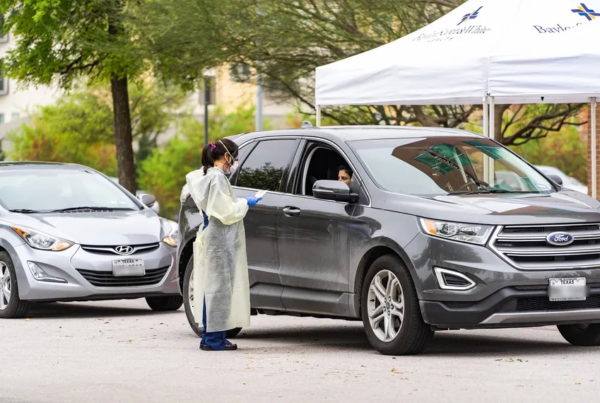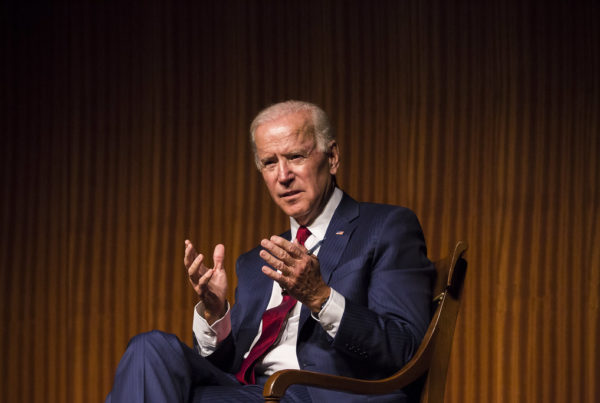Seniors are often more vulnerable to diseases than other people. And that’s especially true when it comes to COVID-19. So when the Renaissance Retirement Center in Austin went into lockdown over the weekend, Maxine Barkan, who is 100 years old, thought it was a good idea.
“I think they’re doing an excellent job trying to keep us safe and trying to minimize the person-to-person contact,” she says.
Barkan says the operators of her senior community are doing the right thing under the circumstances. She lives in Renaissance’s assisted living wing. The facility banned visitors as of Sunday – two days after Gov. Greg Abbott and President Donald Trump declared state and national emergencies. That means not even Barkan’s daughter can come to see her.
But things were very different at Renaissance just a couple of weeks ago. On Super Tuesday, Renaissance was a polling location.
“Apparently it’s been here for a long time. In fact, it’s our precinct here – it’s not only a voting place, it’s our precinct,” Barkan says.


